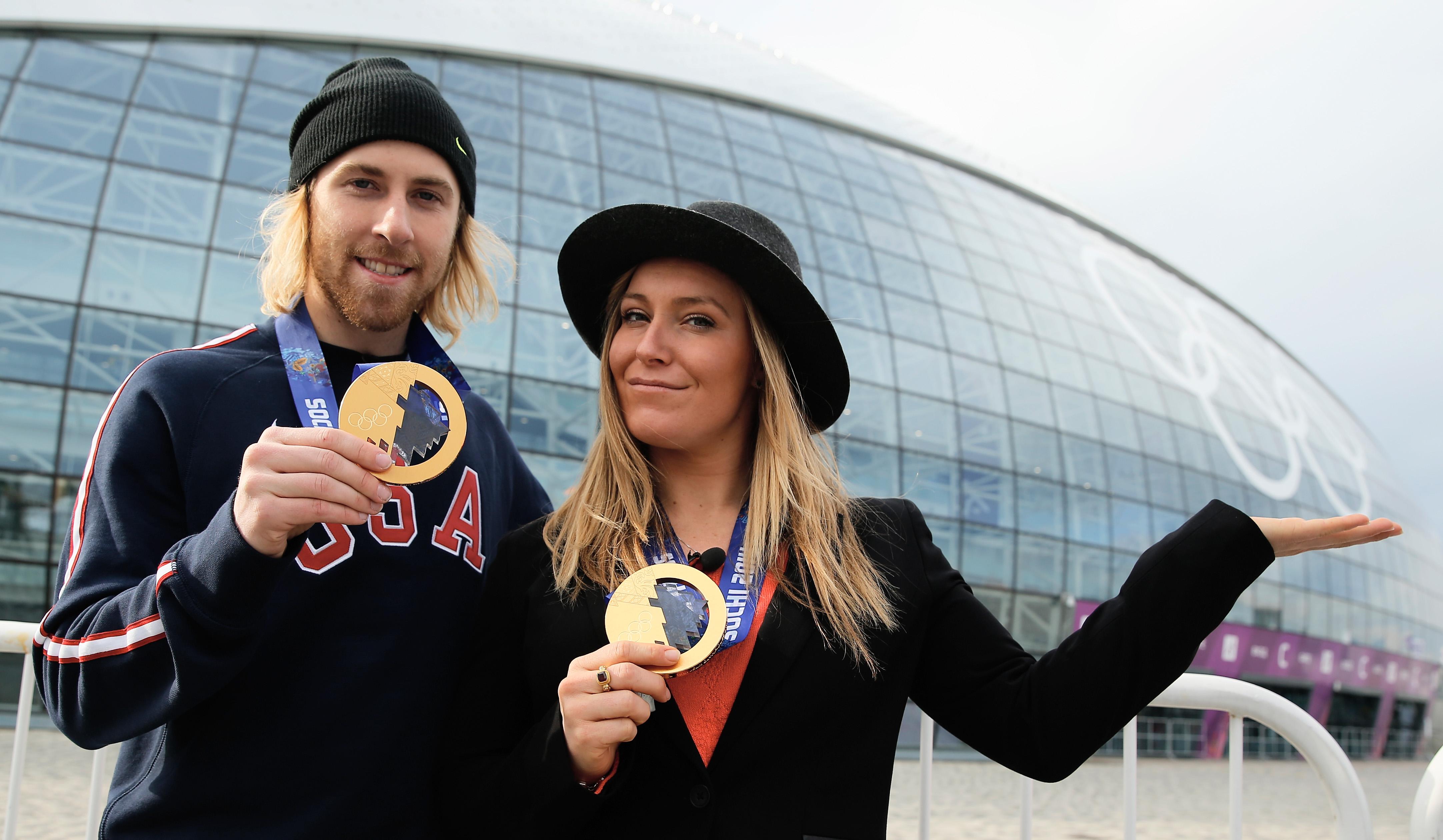Team USA did not have the greatest Olympics ever. The U.S. speedskaters failed to medal. So did the U.S. men’s hockey team. The United States lagged behind Russia in the overall medal count, and trailed the Russians, Norway, and Canada—Canada!—in gold medals. The USA won 28 medals, nine fewer than it did in Vancouver. And yet the U.S. Olympic Committee still says Sochi was an absolute, unmitigated, rip-roaring success. “I couldn’t be more proud of our Olympic team,” U.S. Olympic Committee chairman Larry Probst told the Associated Press. “We came here with a great team and they’ve done a great job,” agreed Alan Ashley, the USOC’s managing director of sport performance.
Are Probst and Ashley being sincere? Or are they just saying what USOC officials say after every Winter Olympics? Let’s find out.
2010 Vancouver Games, 37 medals: “It’s hard to imagine that we could have done better. On and off the field, it’s been a great two weeks for the United States.”—Scott Blackmun, CEO of the USOC
Sincerity check: Very sincere. The 37 medals won by the United States in Vancouver are an all-time record.
2006 Torino Games, 25 medals: “This has been an incredible performance. … It’s probably a little bit our fault that this team has been viewed as a little less than that because of the high expectations we all had coming into these games.”—Jim Scherr, CEO of the USOC
“We’re not only happy with the medals we won, but we also had the most top-eight finishes of any nation in these games, more than 60 top-eight finishes. We were very close to ever more medals.”—Scherr
Sincerity check: Highly insincere. A reply centering on the volume of top-eight finishes is a strong indicator of ass-covering.
2002 Salt Lake City Games, 34 medals: “I feel like a very proud mother today. … We all put a lot of work into these games. The USOC really made a plan. This is not serendipity.”—Sandy Baldwin, president of the USOC
Sincerity check: Very, very sincere. Team USA more than doubled its previous best Winter Olympics medal haul.
1998 Nagano Games, 13 medals: “The performances here showed what we all believe about this team, that it had tremendous depth.”—Paul George, USOC delegation chief
“We could have had 18 or 19 medals. … We had 60 athletes finish in the top 10. That’s an all-time high.”—Dick Schultz, USOC executive director
Sincerity check: Extraordinarily insincere. Note the regression from supposed pride over top-eight finishes to supposed pride over top-10 finishes.
1994 Lillehammer Games, 13 medals: “I think this answers the question of whether we should be fielding full teams in every sport. A lot of these athletes should be considered national treasures. I think we’ve shocked a lot of people, especially in alpine skiing. … I’m glad we’ve been able to see such positive record results because of the hard work of our athletes.”—Harvey Schiller, USOC executive director
Sincerity check: Deeply insincere. The United States certainly shocked a lot of people in Lillehammer, but that was because of the Tonya Harding/Nancy Kerrigan soap opera, not our athletes’ performance on snow at ice. When “at least we fielded full teams” is the highest praise you can give, maybe you shouldn’t be giving any praise at all.
1992 Albertville Games, 11 medals: “Some people measure in medals, and I don’t want to take away anything from that, for what it means to the athletes, their families and coaches. But in terms of competitiveness in every discipline, our performance has been enhanced since Calgary.”—USOC executive director Schiller
“Not only are the medals a success, but the overall performance of all the athletes is, too. … In just about every discipline, there has been movement from 1988 to now. Even if we don’t win a medal, that shows the strength of the team. In men’s figure skating, for example, there truly were three world-class competitors.”—Schiller
Sincerity check: Pretty sincere. Even though Team USA only won 11 medals, Albertville was a relative triumph compared to the disastrous Calgary Games.
1988 Calgary Games, 6 medals: “There’s no reason we can’t do much, much better. Our athletes have the capability. What we’re looking for is support, financially and with programs. … Focusing on medals is a mistake. What does count is competing and if we compete and compete well, medals will come.”—Robert Helmick, USOC president
Sincerity check: Sincere, if smarmy. For once, the USOC is honest about wanting a fat load of gold, silver, and bronze. Even so, it’s a bit lame to say that “focusing on medals is a mistake” when you are acutely embarrassed that America didn’t win more of them.
